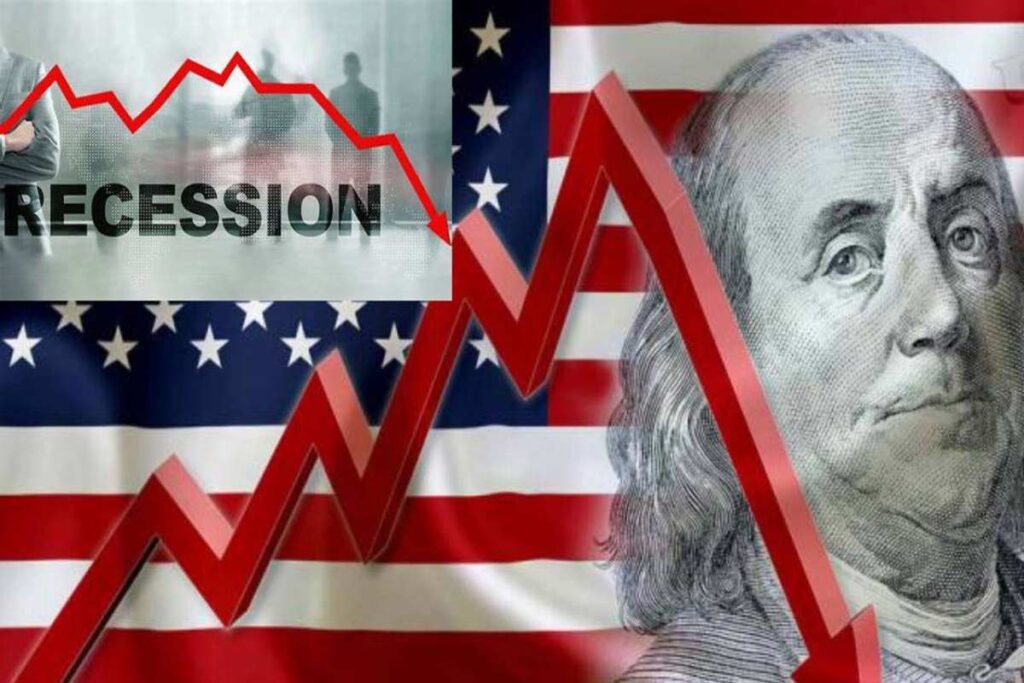It is rumored abroad that the economy is on a rebound. However, experts suggest it is on the verge of a recession in the US. On the surface, several economic analysts have called on the Federal Reserve to affect rate cuts. However, a study by BCA Research, an investment research firm, suggests that even the rate cuts may be insufficient in curtailing the impending recession.
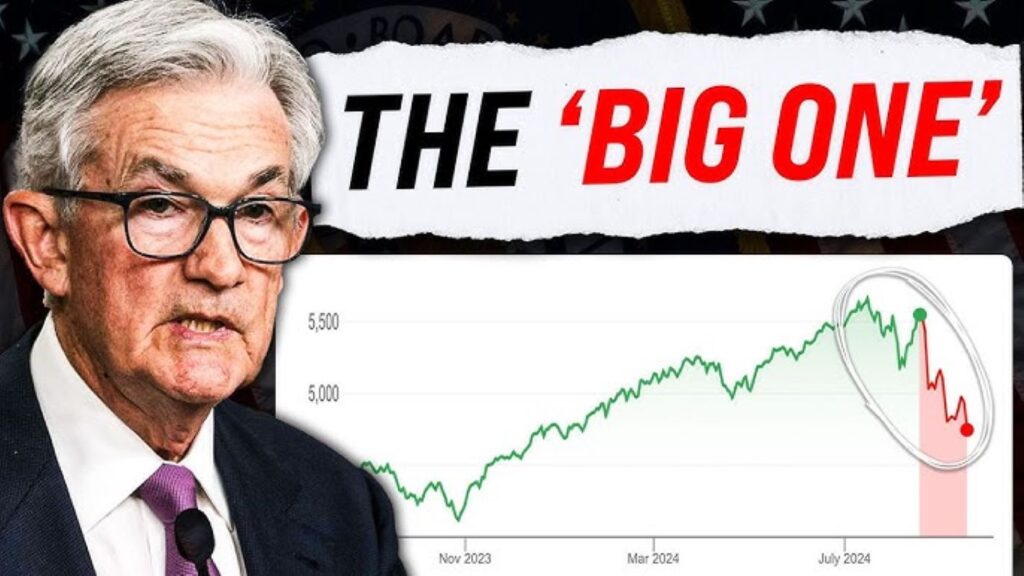
The Federal Reserve will likely commence policy adjustments that usher in the rate cuts next month. Fed Chairman Jerome Powell inferred this while passing comments on the economy at the annual economic policy symposium earlier in the week.
However, the BCA continues to stick to its guns about the likelihood of a recession. Garry Evans, the chief asset allocation strategist at BCA Research, reaffirmed this point during a recent interview with CNBC. He said, “Every single one of us (at BCA Research) now believes there’s a recession, and that’s exactly the opposite of what the market believes.” According to Evans, many people believe the Federal Reserve has figured it all out, and with a few policy tweaks, the economy would stabilize. However, that may be far from the reality, and he gave reasons for blowing the whistle on that belief.
Possibilities of a Recession in US 2024
A top concern of the BCA Research cluster is the red flags popping up in the labor market. For example, data released by the Labor Department in mid-August suggests an 818,000 year-on-year job deficit between April 2023 and March 2024.
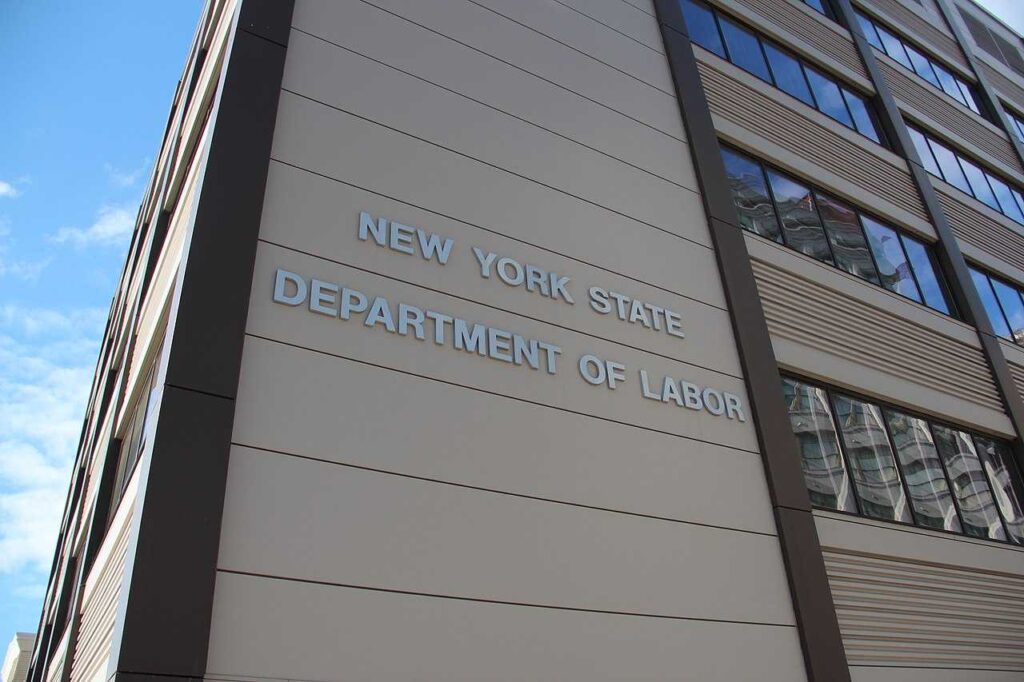
In isolation, a job deficit may not be necessarily alarming as the figures may have been influenced by one of many factors. However, the job deficit indicator is complemented by a US unemployment rate that increased to 4.3% from 3,4% YOY. The Institute for Supply Management also reported that activities in the US manufacturing sector have fallen drastically since November. In light of these realities, Evans declared that “things are breaking down quite rapidly.”
ALSO READ: Fed Chair Powell Signals Upcoming Interest Rate Cuts: ‘The Time Has Come for Policy to Adjust’
When was the last US recession?
The global economy froze shortly during the COVID-19 pandemic, which was a good example of economic stagnation cum recession. So, you might wonder, “What is a recession?” Recessions occur when there are significant reverses in economic activities. Widespread drops in spending among individuals and industries often plague recessions.
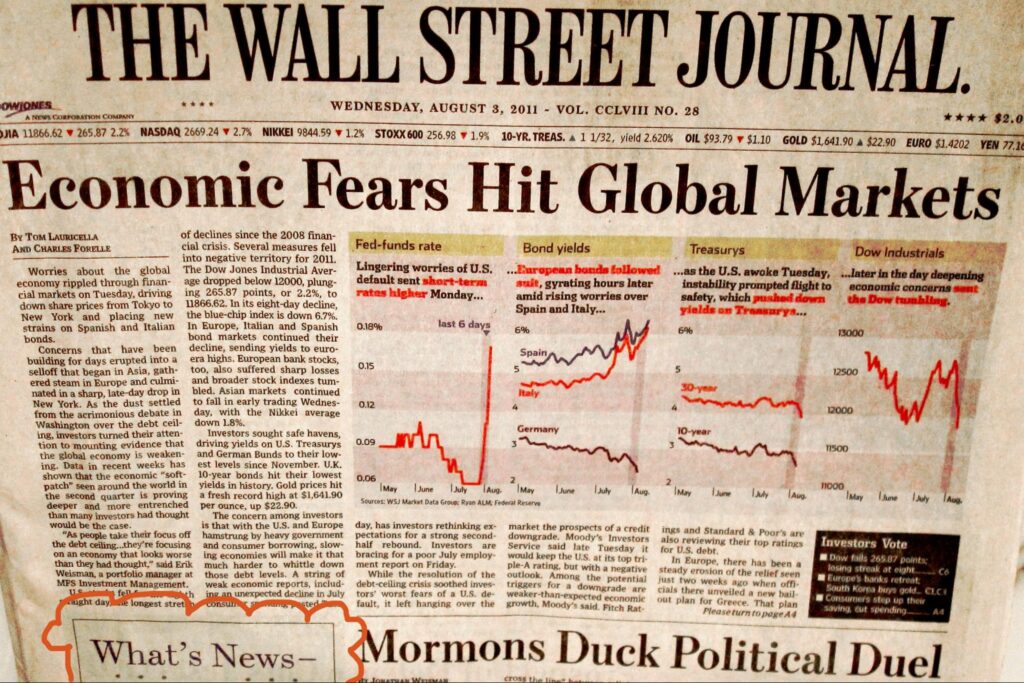
The last major recession that held down the US economy occurred between 2007 and 2008. Often called the Great Recession, a flurry of oversized financial activities in the US triggered the 2007 decline. At its peak, the Great Recession got so bad that it went global, and its ripple effects caused disruptions in international relations.
Is the US facing a recession?
In Q2 2024, the US economy was on a steady stride. Yes, inflation has eased off, but still, economic activities remain sloppy in their pick-up. However, with the release of recent labor market data, there are strong indications that the US economy may experience a recession in the next 18 months.
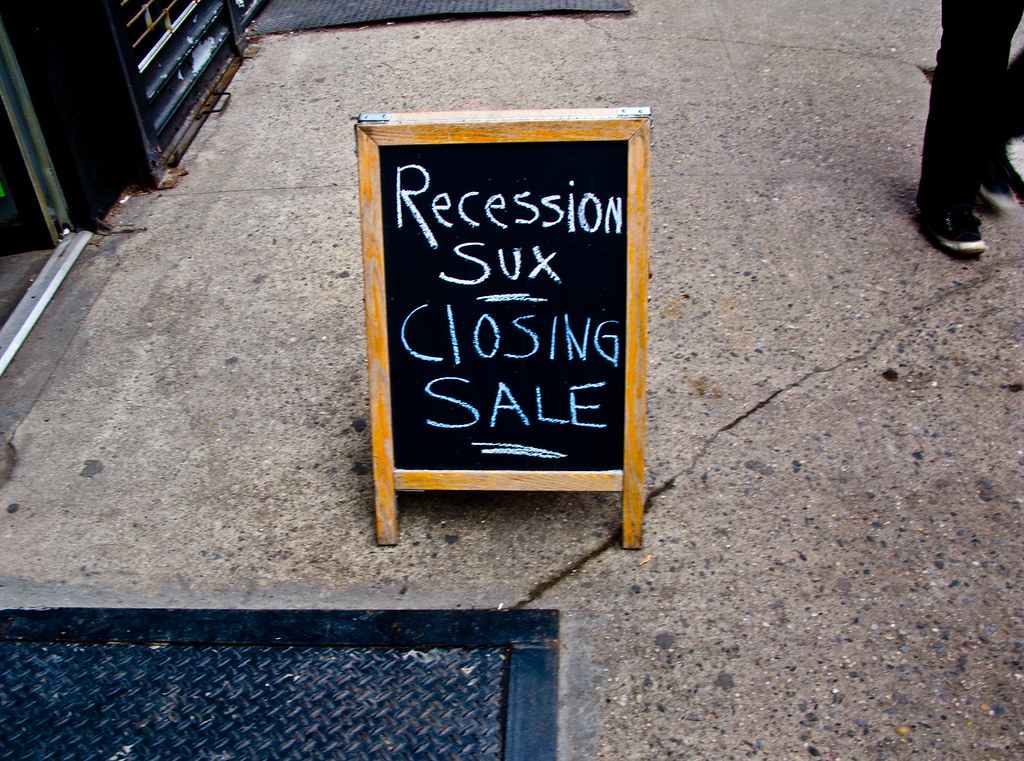
For folks wondering: “How bad will the next recession be?” There is no clear-cut response on the severity of the coming recession. However, experts are optimistic that policy changes by the Feds would help dampen some of the economic shocks.
What happens in a recession to interest rates?
In what usually seems like a knee-jack reaction, interest rates often fall during the early stages of a recession. This happens as policymakers try to encourage borrowing and spending by effecting interest rate cuts. However, as soon as things start looking up economically, the rates are readjusted to reflect the prevailing realities.
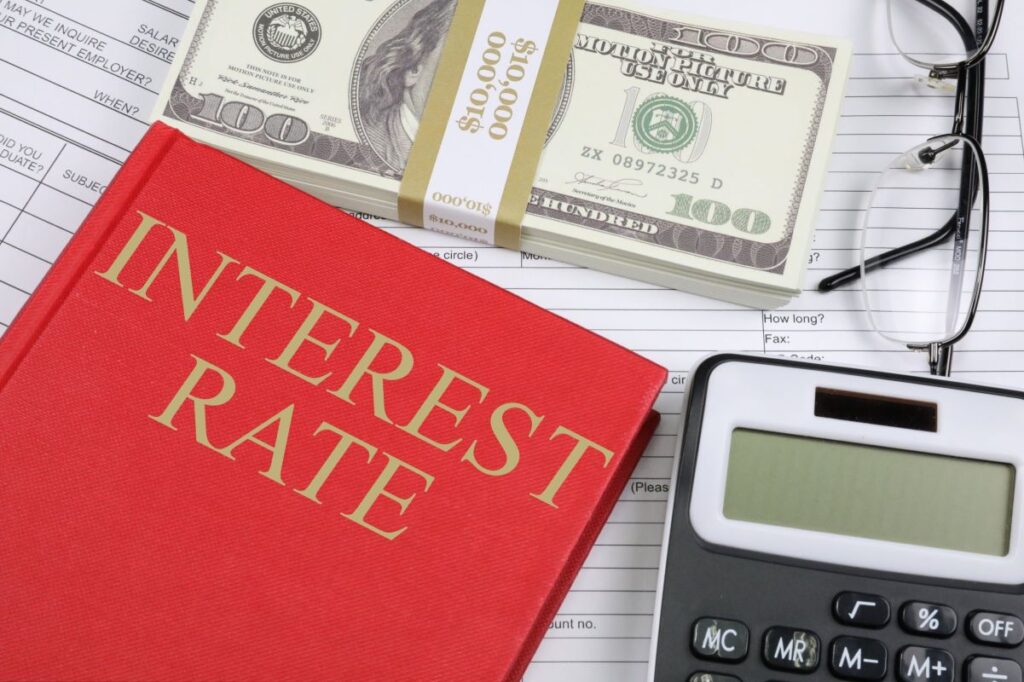
While most entities are seldom disposed to take a loan during a recession, it would be a great idea to take a fixed-rate loan during such periods. The interest rates on such loans would be much lower compared to loans taken when the economy is upbeat.
ALSO READ: Walmart Gives Hope Against Possible U.S. Recession Following Home Depot’s Grim Warning
What makes a recession end?
Recessions often occur when economic activities experience a sudden drop after a sharp peak. While it is easy to tell when an economy has plunged into reverse, it may take some expertise to tell when it emerges from the water.
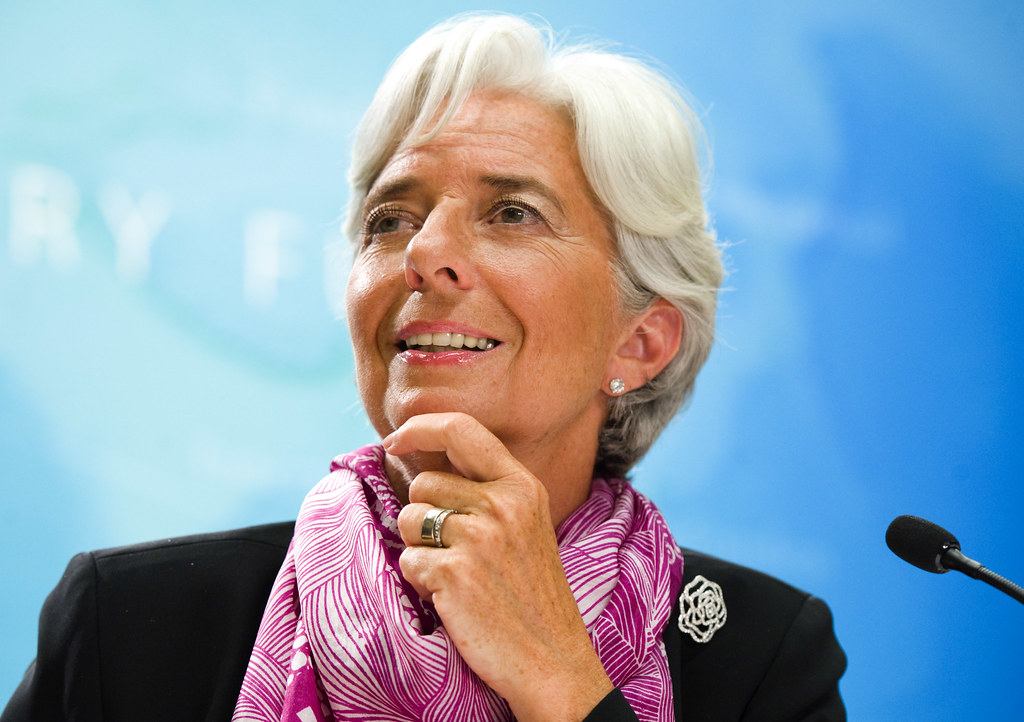
For example, it often takes comprehensive economic analyses by economic watchdogs like the International Monetary Fund (IMF) to declare that a nation is out of recession. Some telltale metrics considered during such analyses are the GDP, employment rates, per capita income, sales, and manufacturing activities. These metrics often emerge from the trough and grow towards previous highs when a recession is over.
Is a recession coming in 2025? No one can tell. However, recessions seldom happen in quick succession. Instead, they are often more of a cycle. Nonetheless, the predicted recession in the US in 2024 may stall and spill over into the coming year, depending on the economic policies deployed by the authorities. One thing is obvious, though: recession signals are popping up in some major sectors of the US economy.
You Might Also Like:
Microsoft’s AI Software Gaining Popularity Among Enterprise Customers
Why Remote Work Persists: ‘It’s Still Kicking,’ According to an Economist
This Retirement Withdrawal Strategy Can Help You Avoid IRS Penalties
Red Lobster Is Closing More Restaurants Due to Ongoing Bankruptcy

